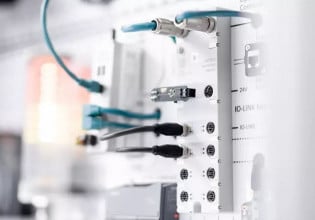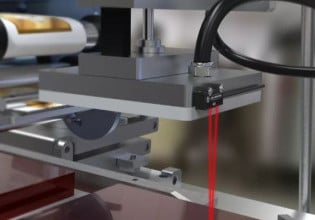Hello to the GE-design heavy duty gas turbine community here at control.com.
The question being posed to the community-within-a-community in this thread is:
If you were granted the ability to receive training on any three (3) specific GE-design heavy duty gas turbine-related topics, what would they be?
Mark V or Mark VI is not a specific answer; if you want to know about how to troubleshoot Diagnostic Alarms, or you want to know about how to troubleshoot a 125 VDC Battery Ground Alarm, or you want to know about everything there is to know about servo regulator outputs, or contact (discrete) inputs, or solenoid outputs, those are valid responses to the question being posed in this thread.
If you want to know how to troubleshoot exhaust temperature spreads, or wheelspace temperature alarms, or how to check Hydraulic System Pressure or how to charge the Hydraulic Accumulators, or how to calibrate IGV LVDT feedback, or a functional description of the Liquid Fuel System from the storage tank to the fuel nozzle, those are valid responses to the question being posed in this thread.
If you want to understand droop speed control, or fired shutdown sequencing, or cooldown sequencing, or VAr shedding, or Power Factor Control, or fuel transfer logic, or DLN-I sequencing, those are valid responses the question being posed in this thread.
If you want to understand mA input configuration, or RTD input configuration, or why GE uses inversion masks, or how GE motor starter logic is designed, or GE-provided fire detection systems, or the GE "protection" core philosophy, those are valid responses to the question being posed in this thread.
Please be specific and if someone has already listed one or two or all of your desires, don't be afraid to list them again. This is a poll of sorts, to get your wishes and find out what you want to get from your dream training course.
Lastly, I would like to know--without any names--if the company you work for pays for training or if you get the majority of your training on the job and from working with the field service representatives that come to your site.
If you are a supervisor who could get training for your direct reports, on the Internet at any time of the day or night, with feedback and ratings against other students, and the chance for certification at the end of a series of modules designed to leave the student with the skills and abilities to troubleshoot and maintain GE-design heavy duty gas turbines I would like to hear from you on what you need or require from training and instruction to make your charges more productive.
Thanks for your help with this project of mine! And here's hoping dreams do come true.
The question being posed to the community-within-a-community in this thread is:
If you were granted the ability to receive training on any three (3) specific GE-design heavy duty gas turbine-related topics, what would they be?
Mark V or Mark VI is not a specific answer; if you want to know about how to troubleshoot Diagnostic Alarms, or you want to know about how to troubleshoot a 125 VDC Battery Ground Alarm, or you want to know about everything there is to know about servo regulator outputs, or contact (discrete) inputs, or solenoid outputs, those are valid responses to the question being posed in this thread.
If you want to know how to troubleshoot exhaust temperature spreads, or wheelspace temperature alarms, or how to check Hydraulic System Pressure or how to charge the Hydraulic Accumulators, or how to calibrate IGV LVDT feedback, or a functional description of the Liquid Fuel System from the storage tank to the fuel nozzle, those are valid responses to the question being posed in this thread.
If you want to understand droop speed control, or fired shutdown sequencing, or cooldown sequencing, or VAr shedding, or Power Factor Control, or fuel transfer logic, or DLN-I sequencing, those are valid responses the question being posed in this thread.
If you want to understand mA input configuration, or RTD input configuration, or why GE uses inversion masks, or how GE motor starter logic is designed, or GE-provided fire detection systems, or the GE "protection" core philosophy, those are valid responses to the question being posed in this thread.
Please be specific and if someone has already listed one or two or all of your desires, don't be afraid to list them again. This is a poll of sorts, to get your wishes and find out what you want to get from your dream training course.
Lastly, I would like to know--without any names--if the company you work for pays for training or if you get the majority of your training on the job and from working with the field service representatives that come to your site.
If you are a supervisor who could get training for your direct reports, on the Internet at any time of the day or night, with feedback and ratings against other students, and the chance for certification at the end of a series of modules designed to leave the student with the skills and abilities to troubleshoot and maintain GE-design heavy duty gas turbines I would like to hear from you on what you need or require from training and instruction to make your charges more productive.
Thanks for your help with this project of mine! And here's hoping dreams do come true.





